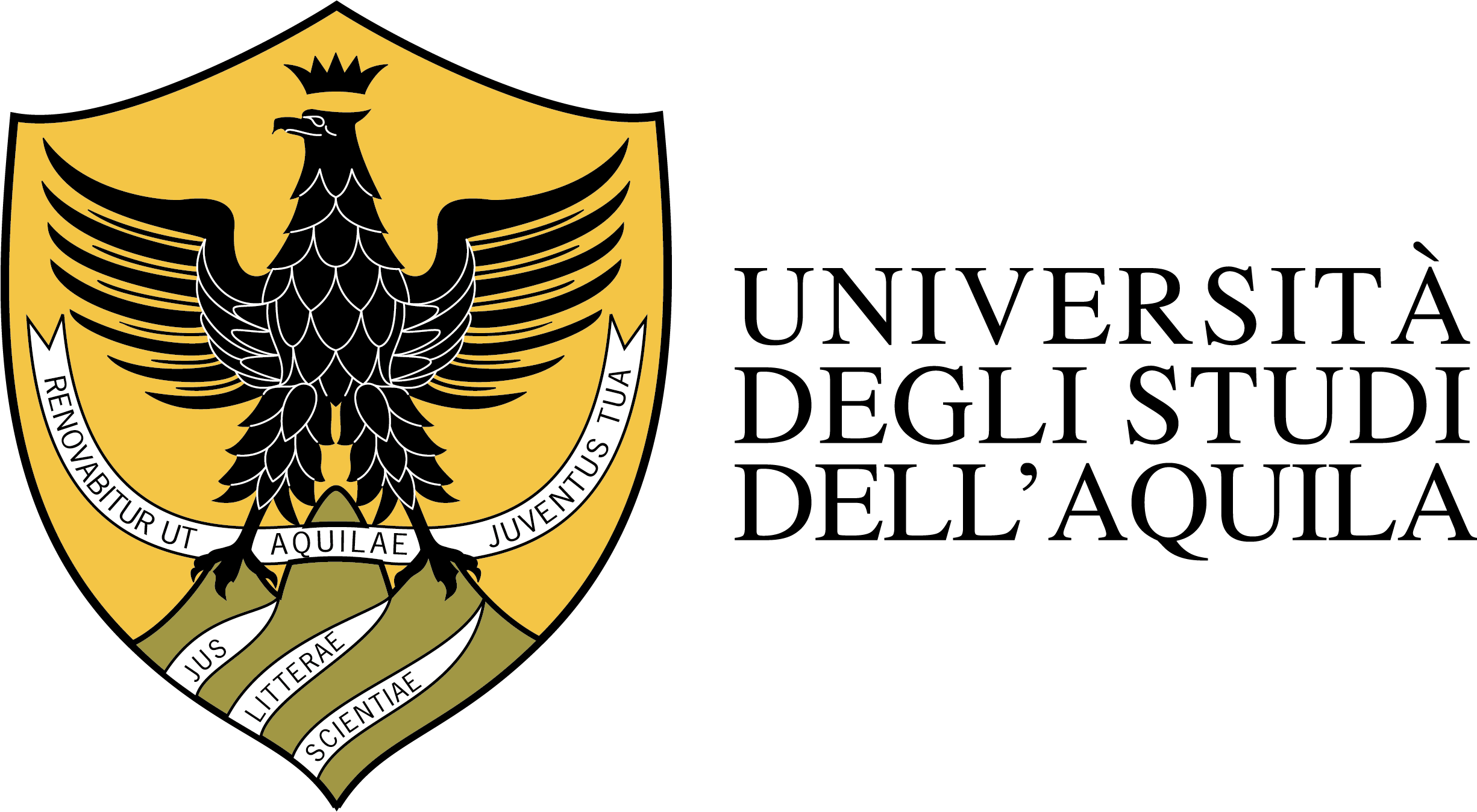Francesco Lambiase
|
Nome: Francesco
Cognome: Lambiase Qualifica: Professore associato Settore Scientifico Disciplinare: ING-IND/16 (Tecnologie E Sistemi Di Lavorazione) Struttura di afferenza: Dipartimento di Ingegneria industriale e dell'informazione e di economia Email: francesco.lambiase Telefono Ufficio: +39 0862434343 Pubblicazioni: https://ricerca.univaq.it/cris/rp/rp04015 |
| Insegnamento | Orario di ricevimento |
|---|
Curriculum scientifico
(Aggiornato il 04-08-2025) versione stampabile (pdf)
versione stampabile (pdf) Scientific Curriculum - Prof. Francesco Lambiase
Francesco Lambiase is Associate Professor at the University of L'Aquila in the scientific disciplinary sector ING-IND 16 Manufacturing Systems and Technologies, with specialization in advanced manufacturing processes, additive manufacturing and innovative joining technologies.
Teaching Activities
He teaches the following specialized courses:
- "Special Technologies" in the Industrial Engineering Bachelor's Degree
- "Rapid Prototyping and Additive Manufacturing" in the Master's Degree programs in Mechanical Engineering and Management Engineering
- "Advanced Characterization of Additive Manufacturing Components" in the PhD program in INDUSTRIAL AND INFORMATION ENGINEERING AND ECONOMICS
Research and Development Activities
Since 2003, he has been conducting research and development activities in the field of advanced manufacturing processes, with particular focus on additive manufacturing, numerical modeling, machine learning and innovative joining processes. His expertise spans from product/process prototyping to advanced materials characterization.
Additive Manufacturing and Advanced Prototyping
He has developed Additive Manufacturing processes for large-scale components, contributing significantly to innovation in the product/process prototyping sector. His research includes:
- Development of processes for manufacturing long fiber composite components through additive technologies
- Additive processes for high-performance technopolymers in aerospace applications, focusing on materials such as PEEK, PEI and other advanced thermoplastic polymers for structural and functional aerospace components
- Development of innovative non-destructive characterization methodologies for additive components
- Laser surface treatments to improve surface finish of polymeric components manufactured by Fused Deposition Modeling (FDM)
- Development of rapid prototyping systems for advanced industrial applications
Plastic Materials Recycling and Sustainability
He has developed thermomechanical recycling processes for thermoplastic materials, contributing significantly to manufacturing process sustainability:
- Thermomechanical recycling processes for recovery and valorization of thermoplastic material processing waste
- Development of characterization methodologies for recycled thermoplastic materials, evaluating the influence of recycling cycles on mechanical and thermal properties
- Process parameter optimization for recycling high-performance technopolymers through machine learning approaches
- Integration of recycled materials in additive manufacturing processes, with particular focus on production chain sustainability
Advanced Joining Processes and Numerical Modeling
He is a pioneer in developing innovative thermomechanical joining processes, with particular expertise in:
Friction Assisted Joining (FAJ): In 2016, he developed and patented this revolutionary process, designing an instrumented prototype machine for manufacturing hybrid metal-polymer and metal-composite joints. He demonstrated process applicability to high-performance materials (aerospace aluminum alloys, titanium, polyamide, PEEK and composites).
Friction Spot Welding and Friction Spot Stir Welding: He developed prototype equipment for instrumented testing, studying process conditions influence through advanced numerical modeling and machine learning techniques for process optimization.
Laser Direct Joining: Through experimental analysis and numerical model development, he investigated thermo-physical aspects of metal-polymer joints, developing advanced characterization methodologies and Artificial Intelligence-based models.
Advanced Mechanical Clinching: He used experimental methodologies and advanced process modeling to extend applicability to high-performance materials and hybrid joints, developing predictive models and AI-based optimization systems.
Machine Learning and Numerical Modeling
His expertise in machine learning and numerical modeling is evidenced in:
- Development of Artificial Intelligence-based process optimization solutions for joining processes
- Calibration and validation of numerical models through experimental analysis
- Development of genetic algorithm-based predictive models for forming processes
- Automatic process design methodologies through advanced numerical approaches
- Use of Digital Image Correlation (DIC) for local mechanical characterization
Advanced Manufacturing Processes
He has significantly contributed to the development of innovative manufacturing processes:
Incremental Forming: Development of flexible forming processes for polymeric and thermoplastic composite components, with simulation models for incremental forming and vacuum forming.
Laser Forming: Experimental studies to determine strain and stress states, developing an instrumented prototypewith process parameter control and numerical simulation-based predictive models.
Automatic Design: Development of predictive numerical models and automatic methodologies for plastic deformation processes (hot rolling, roll drawing).
Surface Treatments and Functionalization
Experimental activities for:
- Manufacturing functionalized structures to improve adhesion between dissimilar materials
- Laser cleaning for composites
- Improvement of surface finish of additive manufacturing components
Advanced Characterization and Materials Development
Expertise in conventional and non-conventional characterization of materials, focusing on:
- Development of innovative non-destructive characterization methodologies
- Advanced mechanical characterization through innovative experimental techniques
- Analysis of material properties for additive manufacturing and structural applications


